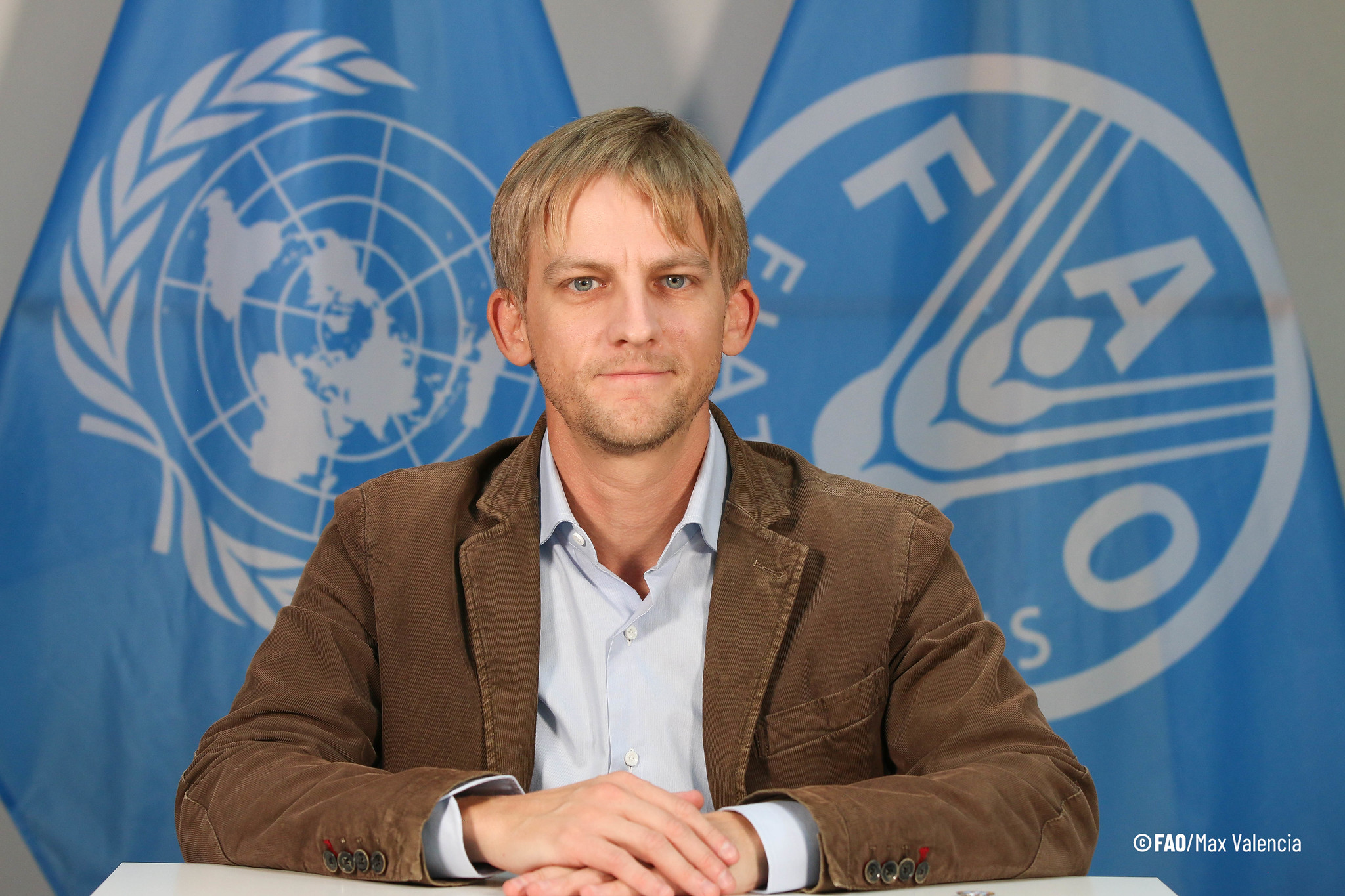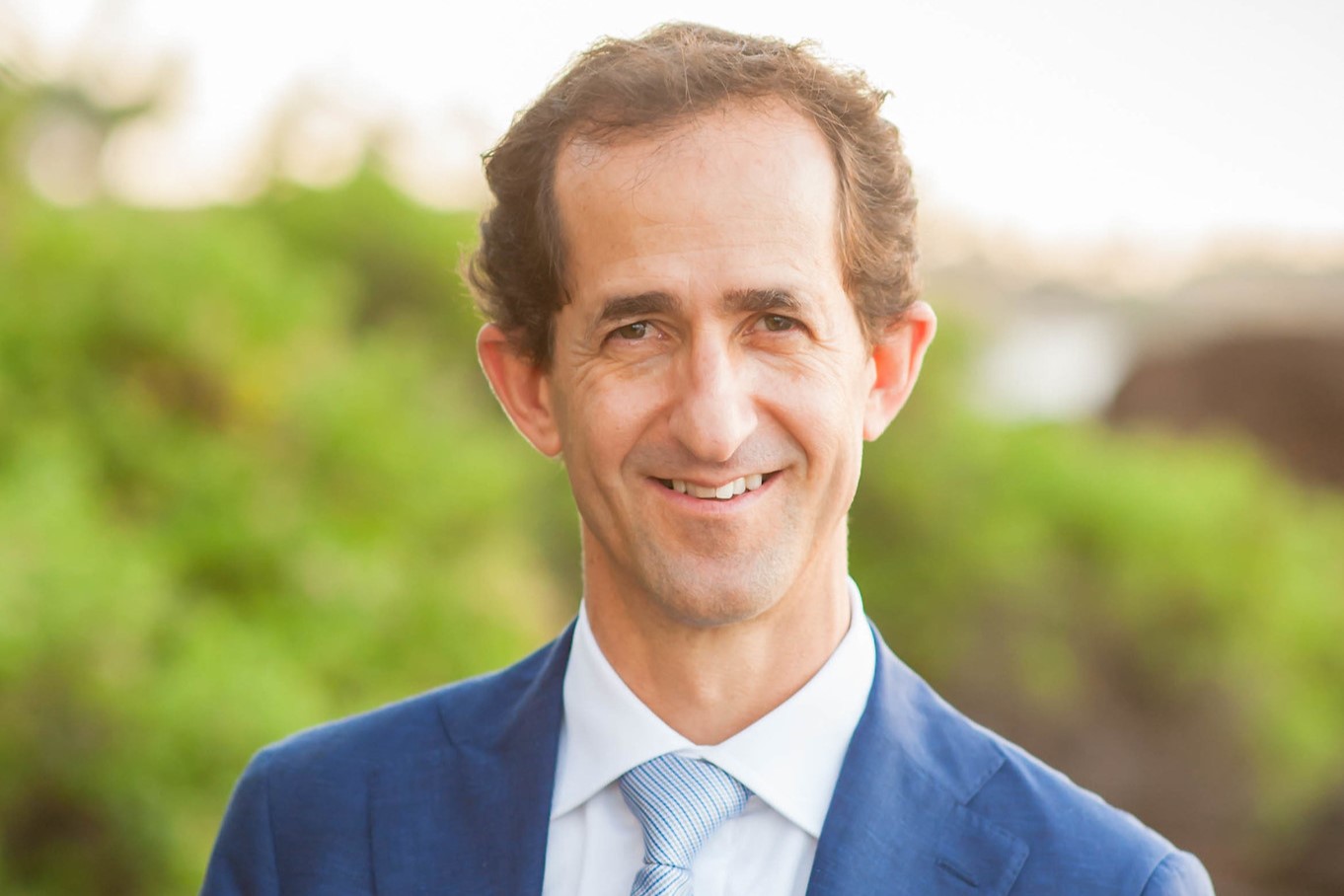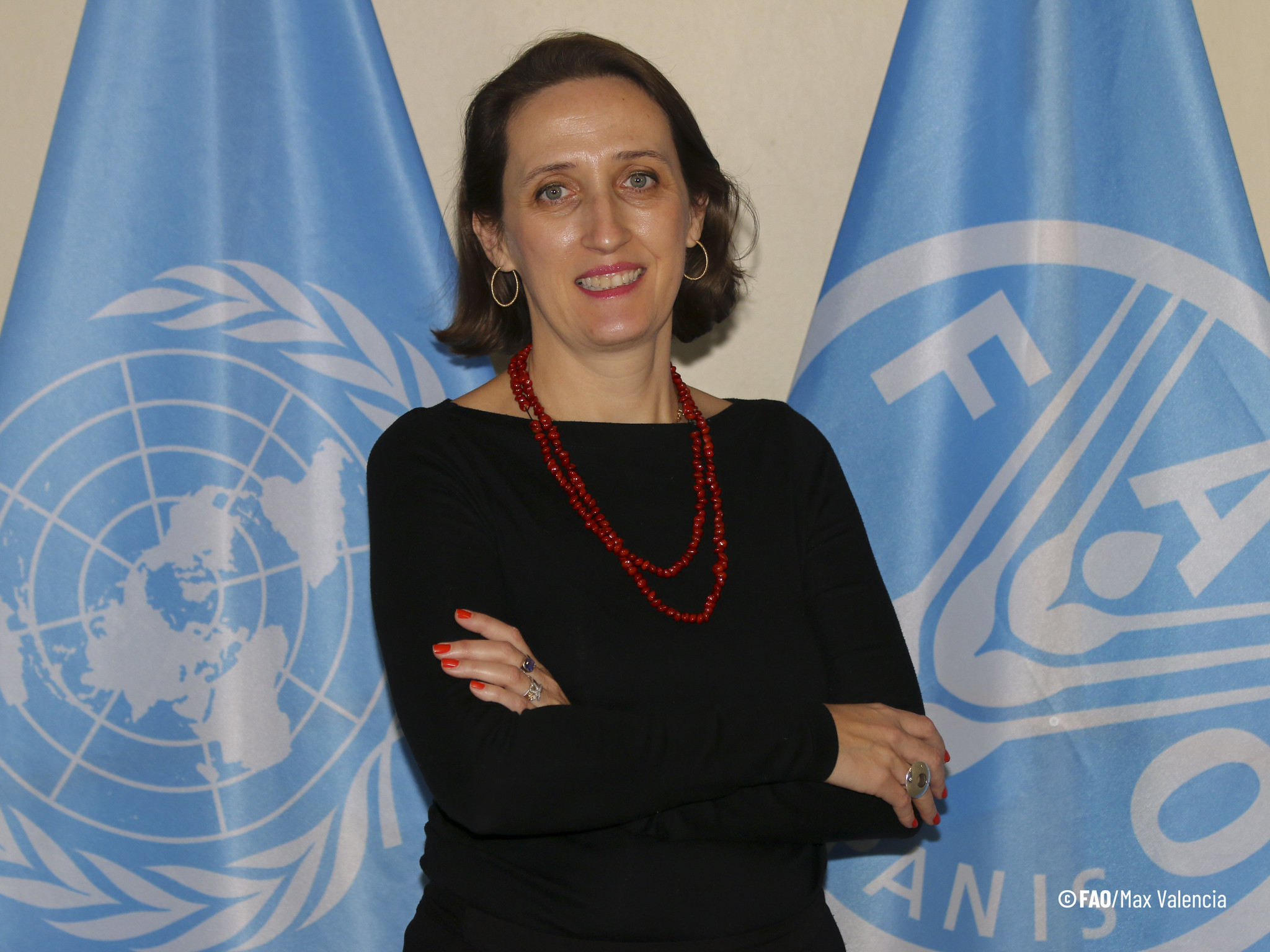Our team
Helping to eliminate hunger, food insecurity and malnutrition
We support countries in developing information and evidence to place the fight against hunger and malnutrition at the top of the public and political agenda. We provide technical assistance to turn political commitments into plans, programs, institutions and laws with human and financial resources to facilitate the realization of the right to adequate food in each of the countries of Latin America and the Caribbean
In general, our mission is to contribute to the 2030 Agenda and, in particular, to achieve more sustainable and inclusive food systems that are able to provide healthy and accessible food to the entire population, giving priority to traditionally excluded people



Reducing rural poverty
We help strengthen the livelihoods of the rural poor by energizing their communities and territories through the promotion of family farming, economic growth and innovation strategies, more and better rural employment, comprehensive social protection systems and the empowerment of the rural population.

Promoting inclusive and efficient agricultural and food systems
We help to promote inclusive and efficient food systems that support family farming and small producers, reduce poverty and hunger in rural areas, promote physical and economic access to healthy food for the population, and improve the capacity of governments to generate and implement public policies, and boost intersectoral and inter-institutional governance.


Making agriculture, forestry and fisheries more productive and sustainable
We promote evidence-based policies to support the most productive agricultural sectors (crops, livestock, forestry and fisheries), accompanying countries in the necessary transformation of their food systems in the face of climate change through innovation to achieve sustainability and resilience





Increasing the resilience of livelihoods to threats and crises
We assist countries to monitor risk and prepare for early action to reduce damage and losses by preparing for natural disasters. We seek to reduce risk by enhancing the resilience of their agricultural and food systems.

Vacante
Vacant
In process of selection
Gender
FAO's Gender Equality Policy aims to achieve equality between men and women in sustainable agricultural production and rural development in order to eradicate poverty and hunger by establishing minimum standards for gender mainstreaming in programs and projects.

Indigenous
For FAO, social inclusion and the reduction of inequality gaps that disproportionately affect indigenous and Afro-descendant peoples in Latin America and the Caribbean is central to the organization's mandate, particularly with regard to the fight to eradicate hunger and promote rural development with identity as set out in the Millennium Development Goals (MDGs).
FAO has a Policy on Indigenous and Tribal Peoples (2011) to ensure that all necessary efforts are made to respect, include and promote indigenous and Afro-descendant peoples' issues in its overall work.

South-South Cooperation
As a facilitator of South-South Cooperation (SSC), FAO brings together countries that have development solutions with countries that are also interested in applying them. By linking and partnering these actors, FAO supports SSC initiatives by facilitating dialogue between governments, institutions, civil society and the private sector, providing a framework for cooperation within which exchanges take place between countries, institutions, cooperatives, farmers and international organizations, offering technical oversight and ensuring that international standards are met, working through FAO's extensive presence at country level enabling engagement, support and follow-up with national authorities and other relevant actors, and mobilizing resources and increasing the visibility of South-South and Triangular Cooperation.

Social Organizations
As an international agency, FAO works with a broad range of partners. By joining forces and working together, the Organization and its partners can contribute to the achievement of FAO's five strategic objectives.

